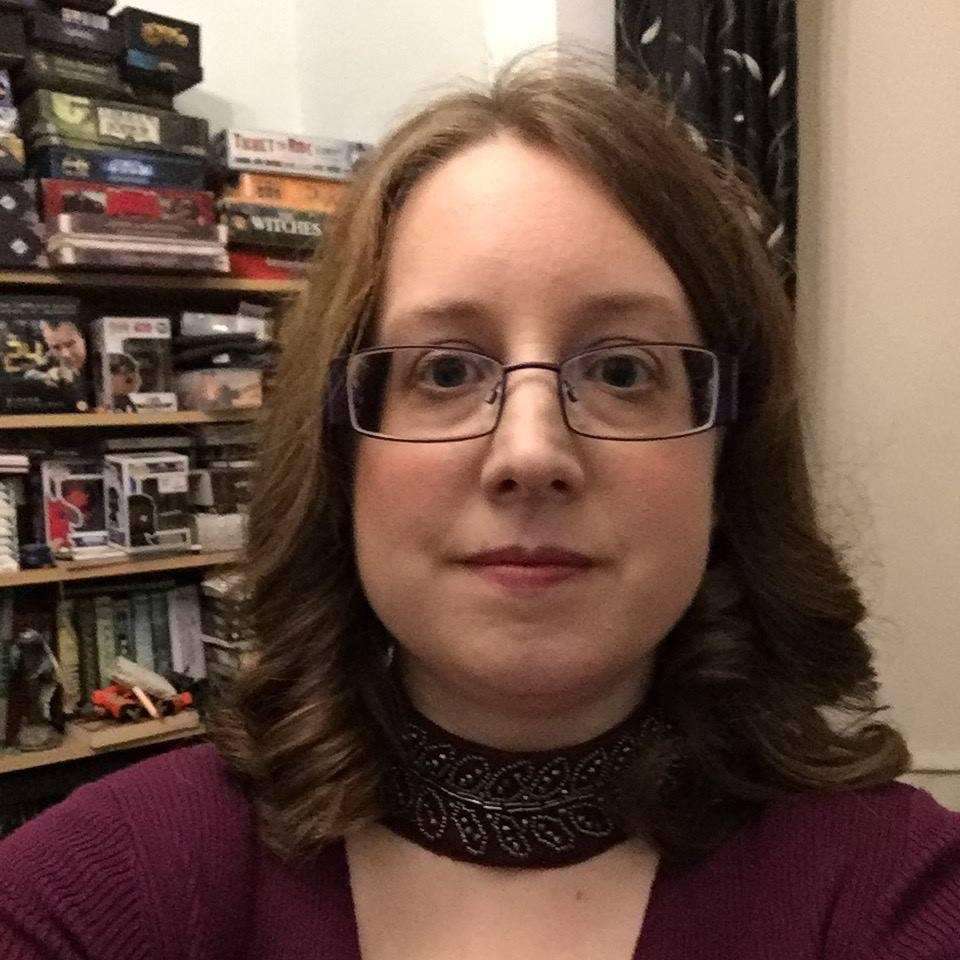In this monthly column, we check in with one of our resident agents to answer those questions you’re too afraid to ask for yourself. This month, Laura Bennett of the Liverpool Literary Agency tackles questions asked by BFS members in our dedicated Discord channel.

Name: Laura Bennett
Agency: Liverpool Literary Agency
Specialism: Sci-Fi & Fantasy
Location: North West England
Follow: Threads: Losbennett / Twitter: Losbennett
Read more about Laura in her BFS member profile, here.
Q: I keep trying to find advice for the “A meets B†part of a query letter, but I don’t know what books my book is like, and my beta readers have struggled to come up with ideas either. How can I figure this out?
I would advise trying to distill your book down into a few aspects. What are the major themes or tropes? Is it coming-of-age? Hero’s journey? Enemies-to-lovers? Villain origin? Once you have those, then that gives you something to search for on Amazon or Goodreads (or just Google) to find a list of books with the same areas. Then you can see which ones seem the most promising and look further into them. Absolutely don’t worry about getting it perfect, just aim for enough to give a strong impression. I always say, too, that as long as you use a couple of recent books, it’s also fine to throw in a film, TV show or video game as well.Â
Q: I wrote a standalone fantasy novel. But everytime I let it sit between edits I accidentally drafted another book with those characters because it was too much fun not to. So now I have the original ready to query, books two and three reasonably polished, four in edits and the series finale, book five, as an incomplete draft. How would you want to see that described in a query letter?
I wouldn’t. Sorry! Series are a REALLY hard sell right now—publishers just don’t want to take the risk. If you’re fortunate you might get a two-book deal, but more than that as a debut is very difficult. I think leaning on the fact that book one is a standalone is a much better prospect, and then just briefly mention that it has series potential and you have further books that can be discussed if desired. The magic words are “standalone with series potential”.Â
Q: What are your thoughts about ‘new adult’ as a category? Is it something that is useful to agents and publishers or are writers better served planting their feet firmly in YA or Adult?
Personally, I love it and think it needs to be an industry standard. There is a big jump from “proper” YA to adult and having something to fill the gap is great. It’s actually quite a popular area right now, although more commonly referred to as “crossover”, or “YA/crossover”, and sometimes “Adult/crossover”, depending which side it leans more on. A lot of publishers are currently taking crossover books and the best part is that it’s both YA and adult publishers so there’s more editors to submit to! It’s absolutely an area that a writer can sit in.
Q: I decided to set aside a sci-fi WIP and focus on my fantasy story as the one I want to start querying with as it feels more on brand for the style I want to write in general. I know a lot of establish authors do both sci-fi and fantasy, but should a new author focus their efforts on one genre until they’re a little more established? In other words, could it put an agent off if an author started with a comedic fantasy but then for a second book wanted to do mellower sci-fi that might not have quite the same target audience?Â
It depends on the agent. It’s generally better to stick to the same genre/audience at first until you get yourself established, but I’ve sent out both fantasy and then sci-fi books from the same author before. It helps that most SFF publishers do both, so you can send multiple books to the same place and build on good feedback. I wouldn’t recommend changing genres too widely—for example, going from a RomCom to a gritty crime thriller—but for me it’s fine to stick with SFF. It’s something to discuss on a call with an agent though, since they will have their own way of working and own preferences. For me personally, most of my contacts are in the SFF space so I’m comfortable with anything that fits in there. It also depends on the feedback you get while on submission—if you were getting huge praise for your comedy fantasy and were asked for more, it would be better to stick with it rather than change.

